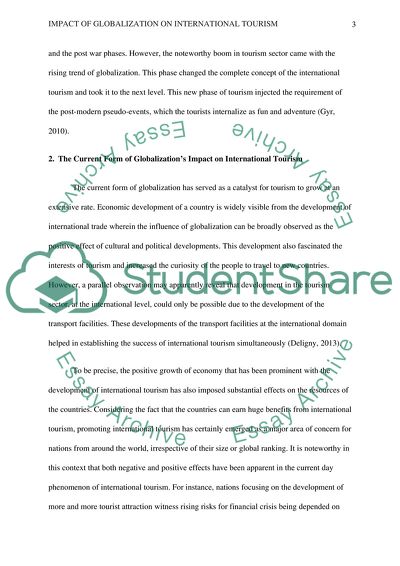Cite this document
(Impact of Globalization on International Tourism Literature review - 1, n.d.)
Impact of Globalization on International Tourism Literature review - 1. https://studentshare.org/tourism/1831940-impact-of-globalization-on-international-tourism
Impact of Globalization on International Tourism Literature review - 1. https://studentshare.org/tourism/1831940-impact-of-globalization-on-international-tourism
(Impact of Globalization on International Tourism Literature Review - 1)
Impact of Globalization on International Tourism Literature Review - 1. https://studentshare.org/tourism/1831940-impact-of-globalization-on-international-tourism.
Impact of Globalization on International Tourism Literature Review - 1. https://studentshare.org/tourism/1831940-impact-of-globalization-on-international-tourism.
“Impact of Globalization on International Tourism Literature Review - 1”. https://studentshare.org/tourism/1831940-impact-of-globalization-on-international-tourism.


